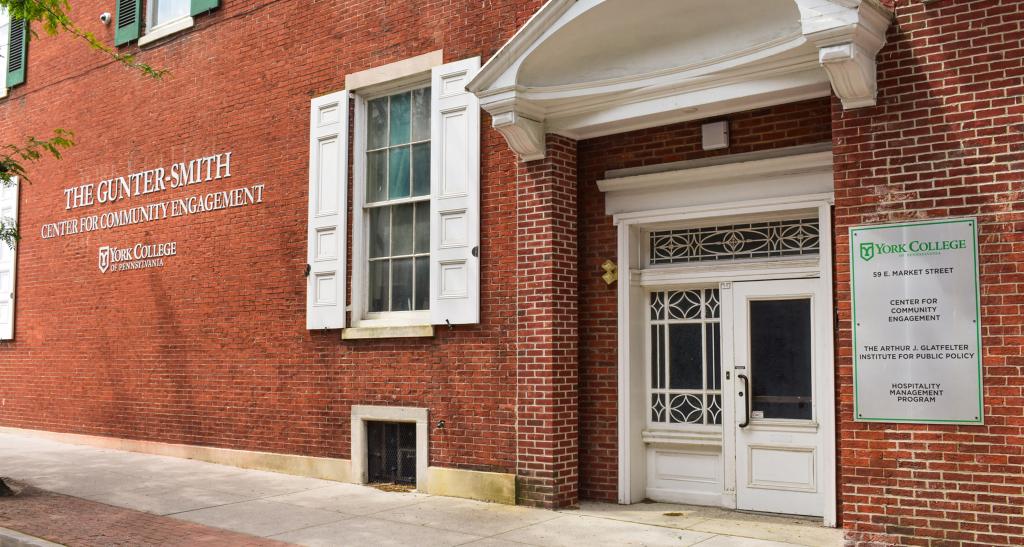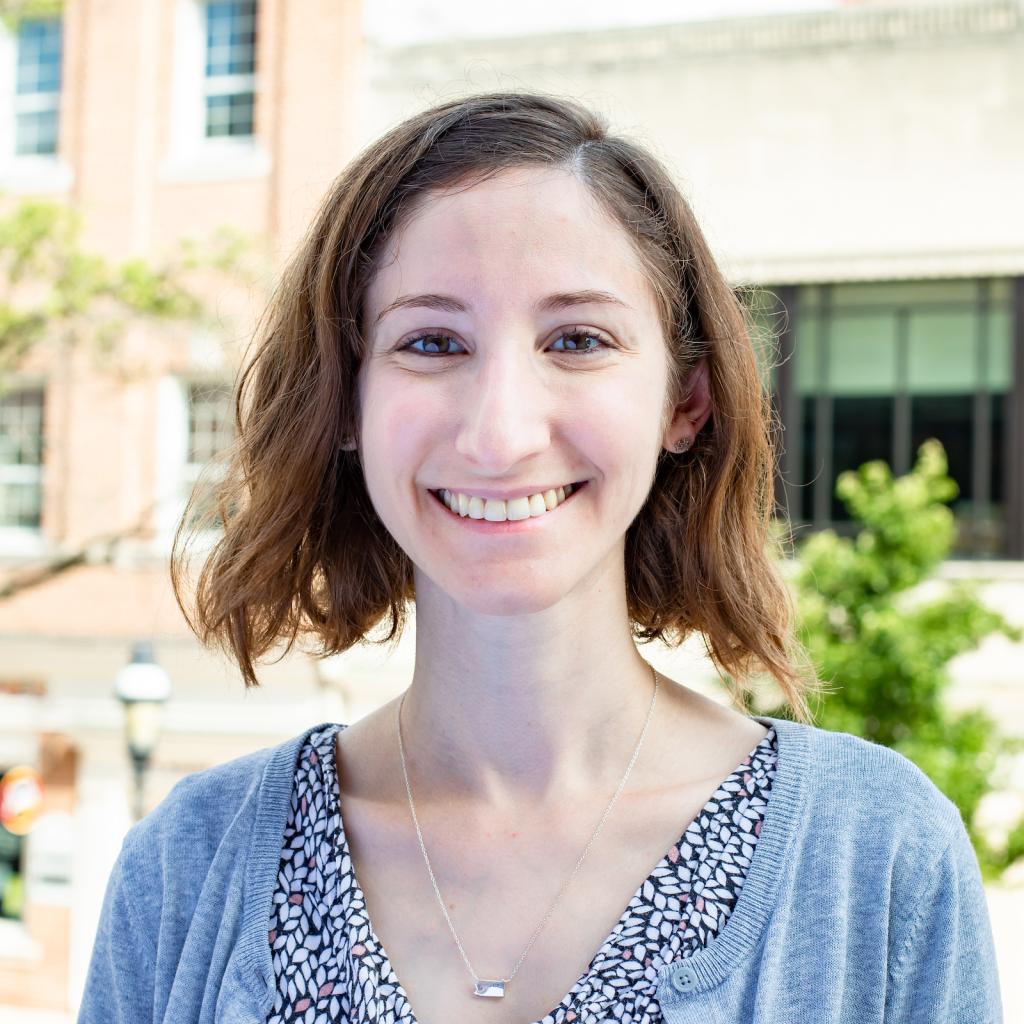
Make an Impact in the Community.
The Urban Collaborative is a donor-supported initiative of the Center for Community Engagement (CCE). It engages students and faculty from a wide range of disciplines in project-based research that tangibly supports an improved quality of life in York City.
Learn More
Mission
The Urban Collaborative engages York College faculty and students in efforts that support the availability of safe and affordable housing in the York community. Using a project-based learning model, we work with appropriate community partners to improve the quality of life in York’s neighborhoods and to support the accessibility of home ownership to those who live there.
Values
We believe that:
- The stability of a community is enhanced by home ownership and related economic opportunities for its residents.
- Achieving economic mobility and equity requires a combination of educational, financial, and intellectual support.
- Economic mobility is best achieved in partnership with residents—not top-down.
- Academic institutions can support this work with reliable data and analysis.
- This work is mutually beneficial for our students and the community.
In the short term, the leadership at the Center for Community Engagement aims to:
- Engage appropriate faculty and students (graduate and undergraduate) in the efforts of the Collaborative.
- Work with faculty to develop course-based and co-curricular projects.
- Provide the necessary support for this work through financial, human, and intellectual resources.
The Center for Community Engagement will:
- Work with other York College faculty and administrators to identify possible curricular and co-curricular offerings.
- Develop specific projects for courses and co-curricular experiences that will provide both key learning opportunities for students and key data for the work of the Collaborative.
- Develop and facilitate relationships with key community partners who will support students and faculty in their research.
- Sponsor public presentations of research findings and discussions with community stakeholders.
- We invite faculty to partner with the Urban Collaborative, particularly through a community-based learning course or unit. No matter the subject, we’ll work with you to help redesign your course, offer research suggestions for those courses, and connect you with community partners.
- For example, students in a history course studied the genesis of policies in York that have led to current inequities, and made recommendations on how we might move forward in more equitable ways.
- A graduate course in Design Thinking considered ways that new approaches to housing issues might lead to more stable housing and neighborhoods in the City.
- A course in the Economics of Urban Redevelopment studied ways that our neighborhoods might be enhanced without gentrification.
- Students and faculty with Geographic Information Systems (GIS) experience mapped area neighborhoods in ways that helped clarify the assets and deficiencies of specific neighborhoods.
- And students in our Graham Collaborative Innovation Fellows program are working with a local, minority-owned business to develop methods for educating area residents on financial literacy, which can improve chances of home ownership—as well as to offer ideas for the company’s business model.
- Going forward, this initiative can support equitable development here in York while giving our students real-world experience in business principles, public policy, human services, urban planning, medical fields, education, communication, and a myriad of other fields that contribute to a healthy neighborhood. This mutual benefit is central to York College’s approach to community-based learning.
- If you would like to learn more about this project and how to get involved, contact Dominic DelliCarpini, Dean of the Center for Community Engagement,
at dcarpini@ycp.edu.
With support from our donor, and with the cooperation of the Redevelopment Authority and other City agencies, we will provide support for the renovation of residential and/or commercial real estate with the goal of making that real estate available to neighborhood residents, and will monitor urban redevelopment to assure that its practices are equitable and avoid displacement of residents.
In order to accomplish the goals of the initiative, we will offer faculty and student opportunities to do research that:
- Gathers data to support the work of community development partners.
- Creates models for equitable development
- Analyzes the elements of healthy neighborhoods
- Develops models for financial literacy education
- Creates action proposals that might lead to grants or other funding
- Helps us better understand the needs of underserved communities
- Considers the role of policy, codes/codes enforcement, and zoning
- Helps map out the features of a “complete” neighborhood
And many other potential projects in varied disciplines.
If you’re ready to support safe, equitable, and health housing in York, you can email Dominic DelliCarpini, Dean of the Center for Community Engagement, at dcarpini@ycp.edu.





